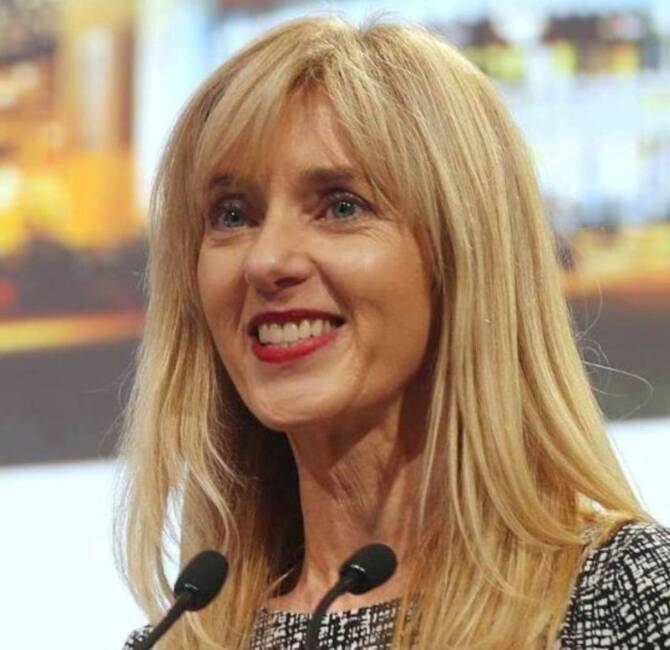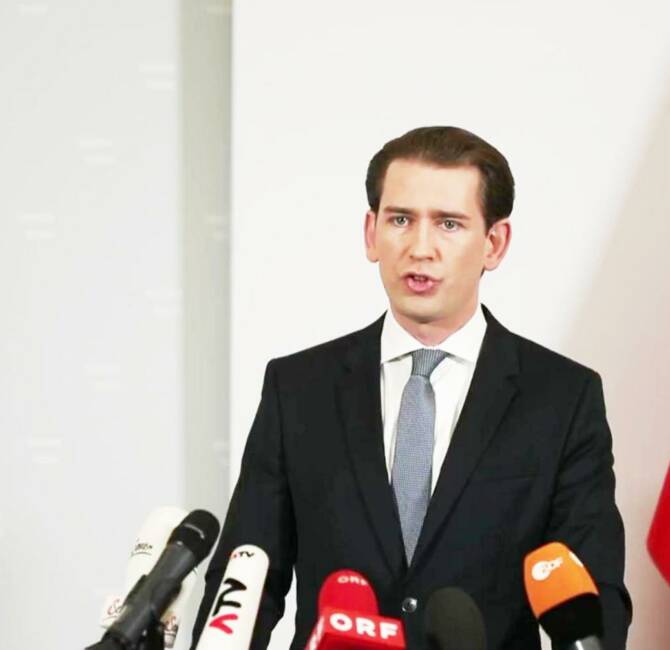Hungary/Ukraine – While Russia’s war against Ukraine means some would like to intensify NATO’s relations with Kyiv, or even accelerate the process of Ukraine’s possible future integration into the Atlantic Alliance, Hungarian leaders continue to defend their national interest against the expectations of their Ukrainian counterparts.
The NATO foreign ministers’ summit that took place on Wednesday, 30 November, was a further illustration of the long-lasting dispute between Kyiv and Budapest. The main topic of this meeting – held in Bucharest, Romania – was, of course, Ukraine. For this reason, it had been planned that Ukrainian Foreign Affairs Minister Dmytro Kuleba would attend and participate in the talks alongside his Swedish and Finnish counterparts, as Sweden and Finland are expected to join the Western alliance very soon as a direct result of the Russian war that has been going on since February. In addition, Moldova, Georgia and Bosnia-Herzegovina were invited to a working session.
However, Dmytro Kuleba was eventually blocked from taking part, because both Hungary and Turkey objected. The Ukrainian minister had to content himself with attending the dinner held in the evening. Hungary’s Foreign Minister Péter Szijjártó explained his country’s refusal to have Ukraine taking part in the summit, with a reminder of the Orbán government’s stance on relations with its eastern neighbour:
“It has been clear for years that the Hungarian government will not accept an official meeting of the NATO-Ukraine Commission until the Hungarians of Subcarpathia have regained their rights.”
Yet Szijjártó did not rule out a future rapprochement with Kyiv: “We hope that the war will be over as soon as possible, and when the war is over, there will be an opportunity to renegotiate these issues. (…) We cannot and will not change our position.”
Notwithstanding the Hungarian–Ukrainian dispute, the foreign ministers of the NATO member countries discussed how to help Ukraine’s army and civilians in the face of Russia’s targeting of energy infrastructure as winter approaches. In addition, Lithuanian Foreign Minister Gabrielius Landsbergis offered to supply modern tanks to Ukraine by January, saying: “I’ve talked to a number of military experts and they’ve told me that if we provide tanks to Ukraine by winter, say by January, it could be significant.”




